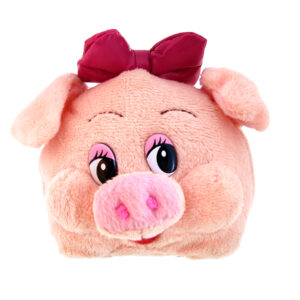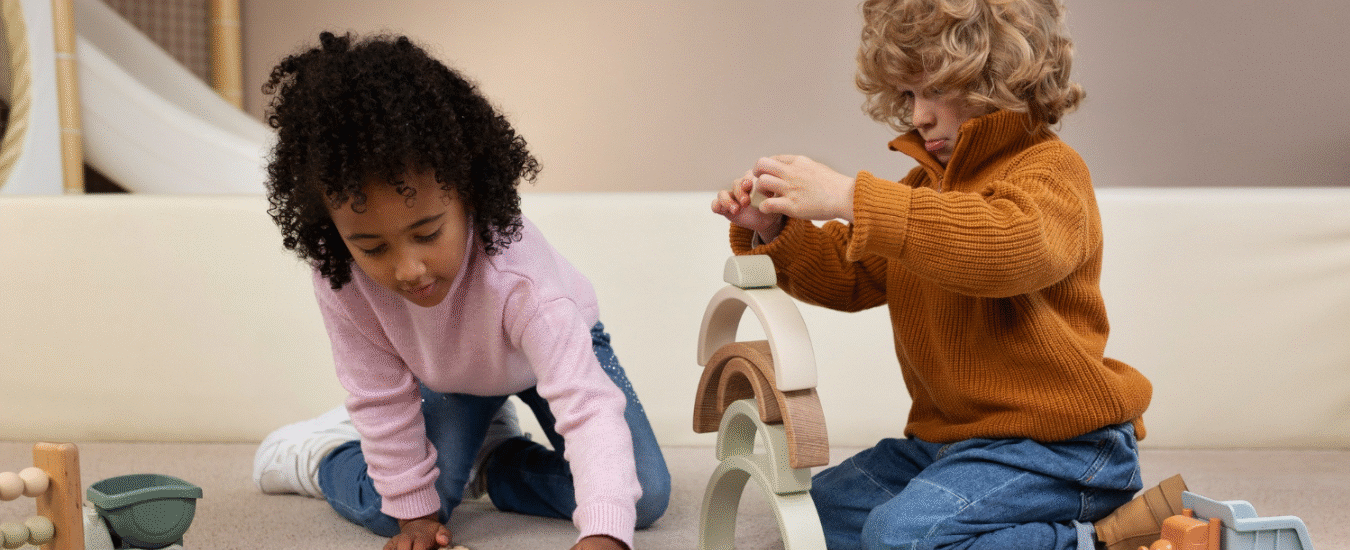Toys are far more than just entertainment for children—they serve as critical tools for development across multiple domains of health and well-being. Here’s how toys improve children’s mental and physical health:
Mental Health Benefits
Cognitive Development
Toys like puzzles, building blocks, and board games enhance problem-solving abilities, spatial reasoning, and logical thinking. When children manipulate objects and figure out how things work, they develop crucial neural pathways that support learning.
Emotional Regulation
Dolls, stuffed animals, and role-play toys allow children to process emotions in a safe environment. Through play, children can work through complex feelings, develop empathy, and practice emotional responses to various scenarios.
Creativity and Imagination
Open-ended toys like art supplies, dress-up clothes, and building materials foster creativity and innovative thinking. These toys place children in the driver’s seat of their own narratives, allowing them to develop original ideas and solutions.
Stress Reduction
Play naturally reduces stress hormones. Fidget toys, sensory toys, and comfort objects can help children self-soothe and manage anxiety, providing therapeutic benefits during challenging times.
Physical Health Benefits
Gross Motor Development
Active toys like balls, bikes, climbing equipment, and sports gear promote large muscle development, coordination, balance, and physical fitness. Regular physical play helps establish healthy exercise habits early in life.
Fine Motor Skills
Toys requiring precise movements—like blocks, beads, drawing tools, and construction sets—strengthen the small muscles in hands and fingers. These abilities are necessary for writing, buttoning garments, and other basic daily tasks.
Sensory Integration
Sensory toys featuring various textures, noises, lights, and motions help children digest sensory information more efficiently. This integration is essential for children’s nervous system development and can aid in self-regulation.
Physical Activity
In an increasingly sedentary world, toys that encourage movement combat childhood obesity and related health issues by making physical activity fun and engaging.
Social Health Benefits
Communication Skills
Board games, cooperative building sets, and pretend play scenarios teach turn-taking, negotiation, and verbal expression. These interactions build the foundation for healthy relationships throughout life.
Conflict Resolution
When playing with others, children naturally encounter conflicts that require resolution. Toys create scenarios where children practice compromise, sharing, and working through disagreements.
Cultural Understanding
Diverse dolls, international games, and toys from various cultures help children develop appreciation for differences and recognize our common humanity.
Choosing Appropriate Toys
The most beneficial toys are:
- Age-appropriate but slightly challenging
- Open-ended with multiple ways to play
- Durable and safe
- Aligned with the child’s interests
- Balanced across developmental domains
By thoughtfully selecting toys that encourage various types of play, parents and caregivers can significantly support children’s holistic development, contributing to both immediate well-being and long-term health outcomes.





















